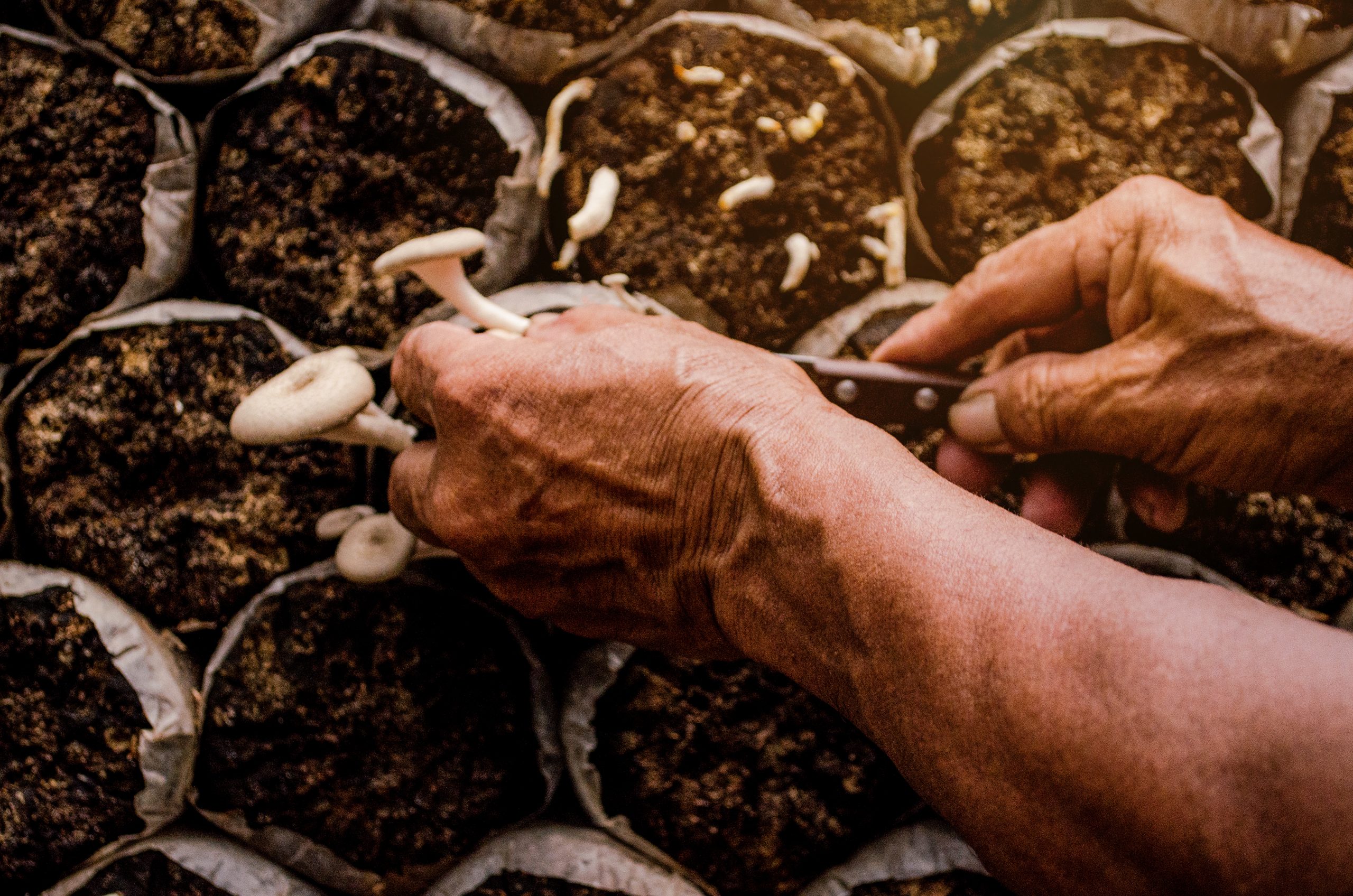Farmworker Justice Update: June 18, 2021
David Weil Nominated to be Wage and Hour Administrator The Biden administration has nominated David Weil to lead the Department of Labor’s Wage and Hour Division, where he would be in charge of enforcing federal minimum wage and overtime law. Weil, who is a professor and university administrator, previously served in the same position from … Read more Farmworker Justice Update: June 18, 2021



